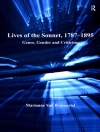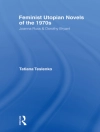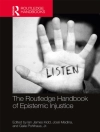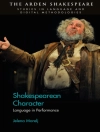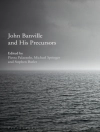Hannah Arendt’s 1958
The Human Condition was an impassioned philosophical reconsideration of the goals of being human. In its arguments about the kind of lives we should lead and the political engagement we should strive for, Arendt’s interpretative skills come to the fore, in a brilliant display of what high-level interpretation can achieve for critical thinking. Good interpretative thinkers are characterised by their ability to clarify meanings, question accepted definitions and posit good, clear definitions that allow their other critical thinking skills to take arguments deeper and further than most. In many ways,
The Human Condition is all about definitions. Arendt’s aim is to lay out an argument for political engagement and active participation in society as the highest goals of human life; and to this end she sets about defining a hierarchy of ways of living a “vita activa, ” or active life. The book sets about distinguishing between our different activities under the categories of “labor”, “work”, and “action” – each of which Arendt carefully redefines as a different level of active engagement with the world. Following her clear and careful laying out of each word’s meaning, it becomes hard to deny her argument for the life of “action” as the highest human goal.
Anthony Lang & Sahar Aurore Saeidnia
An Analysis of Hannah Arendt”s The Human Condition [EPUB ebook]
An Analysis of Hannah Arendt”s The Human Condition [EPUB ebook]
购买此电子书可免费获赠一本!
格式 EPUB ● 网页 98 ● ISBN 9781351353151 ● 出版者 Taylor and Francis ● 发布时间 2017 ● 下载 3 时 ● 货币 EUR ● ID 5320279 ● 复制保护 Adobe DRM
需要具备DRM功能的电子书阅读器


